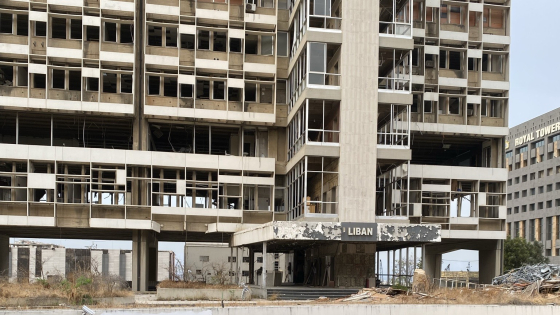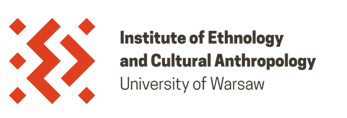Suitcases full of meds: Engaged ethnography of healthcare crisis in Lebanon

Abstract:
In August 2020 the Beirut port explosion blew up not only the northern part of the city but also the house of cards of Lebanon's economy, making the local currency drop so hard that hundreds of thousands of the country's inhabitants became impoverished. One year later, the inevitable happened - the dire financial collapse added to years of widespread corruption brought down the healthcare system. Pharmaceuticals and medical supplies disappeared from the market almost overnight, kicking off a shortage crisis that continues to that day.
Scrambling for medicine, people started looking for alternative ways to get what needed, turning to international NGOs working in Lebanon, traveling abroad to buy meds, if they could afford it, or arranging with members of the gigantic, international Lebanese diaspora, who frequents the country for holidays and family visits. Over the summer of 2021, countless suitcases stuffed with meds flew into Lebanon illegally. Border guards and customs officers would usually turn a blind eye, especially if someone had connections. While international organizations working in Lebanon made humanitarian arrangements to import pharmaceuticals strictly to be distributed through the newly re-invigorated system of Primary Healthcare Centers, the medicine black market quickly emerged, selling meds from Lebanon's closest collaborators - Iran, Syria, and Turkey.
It was during this time that suitcases full of Polish medicines arrived safely to Lebanon as Magdalena's luggage and we, a pair of anthropologists, entered the minefield of distributing medicines to those who are most in need. Navigating the many conundrums encountered during these interactions, I have employed my ethnographic sensibilities and engaged in helping my fellow countrymen. This talk will present provisional fieldwork insights that explore how ethnographic engagement during crisis and collapse can, firstly, reveal the ethical compromises that people in Lebanon encounter on an everyday basis as they strive for therapeutic survival and, secondly, how the swamp of the political economy of pharmaceuticals in Lebanon becomes revealed through active engagement in times of crisis.
Bio:
Anthony Rizk, Ph.D. Candidate (Department of Anthropology and Sociology, Graduate Institute of Geneva) is a Lebanese anthropologist, whose primary area of expertise is medical anthropology, particularly an ethnographic study of the healthcare crisis. A Ph.D. candidate in his fourth year, in his doctoral research, Anthony uses archives, oral history, and ethnography to study how salvage practices are embedded in everyday life as people in Lebanon live in anticipation of collapse. Anthony is conducting multi-sited fieldwork among scientists repurposing pathogens in laboratories, physicians using salvage therapies in clinics, and political activists constantly building and re-building social movements to study salvage as an everyday practice that cuts across microbial, human, and political life.


